Education: Teachers
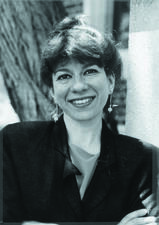
Susannah Heschel

Beth Bowman Hess
Beth Bowman Hess was a feminist sociologist and gerontologist whose leadership, scholarship, teaching, service and mentoring were a model for many women. She brought a humanist and feminist sensibility to gerontology by discussing the difficulties the elderly faced not as problems inherent in older people, but as problems in the social order that should be confronted and changed.
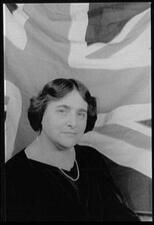
Dame Myra Hess
One of Great Britain’s most famous classical pianists, Dame Myra Hess had the idea of setting up lunchtime concerts at London’s National Gallery during the Second World War. The success of those concerts made Hess an international star, and the honor of Dame of the British Empire was conferred upon her in 1941.
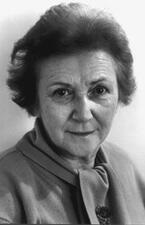
Clara Heyn
Botanist Clara Heyn’s most significant achievement was her work with the plant family Leguminosae, especially the genus Medicago. She was an excellent botanist, teacher, and colleague.
Higher Education in Central Europe
Jewish women were disproportionally represented at Central European universities before WWI and during the interwar years. Acculturated Jewish society saw higher education as a way of integrating itself into the educated bourgeoisie. Attending university offered women greater personal independence, even as they faced antisemitism and ridicule.
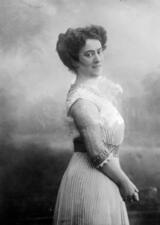
Rahel Hirsch
Physiologist, physician, and teacher Rahel Hirsch worked for nearly two decades at the Medical Clinic of the Berlin Charité, eventually as the head of a polyclinic and a professor. Yet Hirsch was never paid at the Charité; she left in 1919 and opened a private practice. Hirsch emigrated to England in 1938, working as a laboratory assistant and librarian, but she struggled with mental illness and died in a psychiatric hospital in 1953.
Elizabeth Slade Hirschfeld
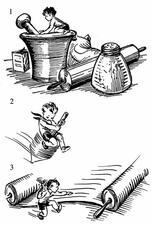
Marilyn Hirsh
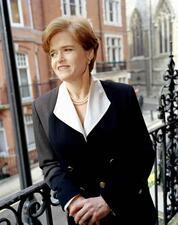
Historians in the United States
American Jewish women have made important contributions to historical scholarship, especially in the arenas of social history of the United States and Europe, women’s history, and Jewish history. Jewish women, sensitive to the situations of minority groups, became pioneers in these fields as they developed from the 1970s on.

Fanny Binswanger Hoffman
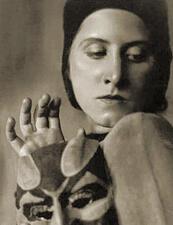
Hilde Holger
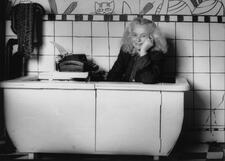
Nicole Hollander
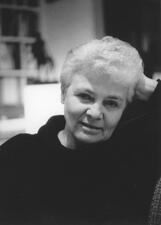
Holocaust Studies in the United States
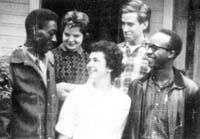
Faith Holsaert
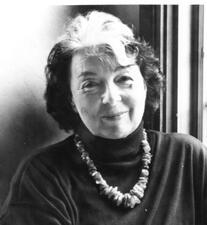
Florence Howe
“The chief editor, fund raiser, cheerleader and occasional staff photographer” is the way the Chronicle of Higher Education described Florence Howe’s work at the Feminist Press. She made the publishing company her life’s work, and her contributions to the field of women’s studies as scholar, editor, and publisher are unparalleled.
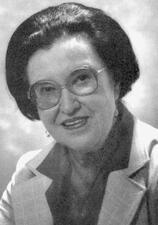
Hunter College
Hunter College of the City University of New York was founded as a public, tuition-free secondary and teacher-training school for women that admitted students solely on the basis of academic merit, at a time when many institutions of higher education were implementing policies of selective admissions designed specifically to deflect disadvantaged students.
Ida Henrietta Hyde
Ida Henrietta Hyde was a pioneering physiologist in the late nineteenth and early twentieth century. While Hyde was best known for creating a microelectrode that could sample and manipulate individual cells, she was proudest of her work to support other women scientists.
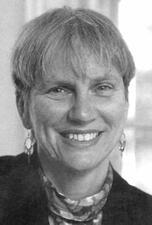
Paula E. Hyman
Distinguished historian Paula Hyman was engaged deeply in Jewish feminism and wrote extensively on the history of Jewish women in an effort to integrate their experience into the Jewish historical narrative. A role model for many, she challenged sacrosanct beliefs and stereotypes with vigor and knowledge and left behind a myriad of scholarly contributions and a profound vision for Jewish women.
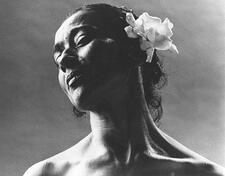
Israeli Folk Dance Pioneers in North America
Dance has been an integral element of the Jewish community since biblical times. An intense desire to share the joy of dance, coupled with a strong identification with both Israel and their Jewish roots, spurred a group of influential women to create a flourishing movement of Israeli folk dance in North America. Today, Israeli folk dance enjoys a wider popularity than ever.
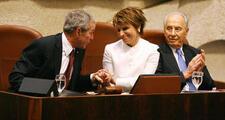
Dalia Itzik
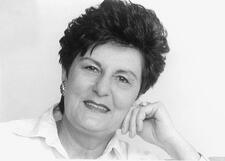
Dafna Nundi Izraeli
Feminist sociologist and peace activist Dafna Nundi Izraeli spent her life dedicated to women's studies, a field of inquiry previously largely unrecognized and trivialized by Israeli academia. She was among the first researchers in Israel to point out the connection between the gender power structures in the Israel Defense Force and in Israeli civilian society. Through her academic and political leadership roles, she worked tirelessly for the advancement of feminist values and scholarship.
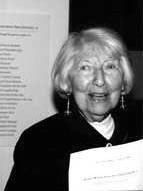
Anne Jackson
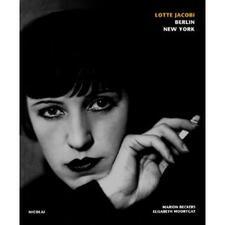
Lotte Jacobi
After leaving Nazi Germany in 1935, Lotte Jacobi became a renowned photographer in New York as she captured intimate portraits of prominent Americans such as Robert Frost, Eleanor Roosevelt, and Paul Robeson. Jacobi was highly interested in politics and an active delegate to the Democratic National Convention. She was known for engaging her subjects in rich conversation as she photographed them.
Dore Jacobs
Dore Jacobs developed her own pedagogy, which viewed physical education as a holistic project, out of which came her own unique method of gymnastics. In 1923 she founded her School for Physical Education and Rhythmic Development; she was also a founding member of the German socialist organization called the Bund-Gemeinschaft für Sozialistisches Leben.



